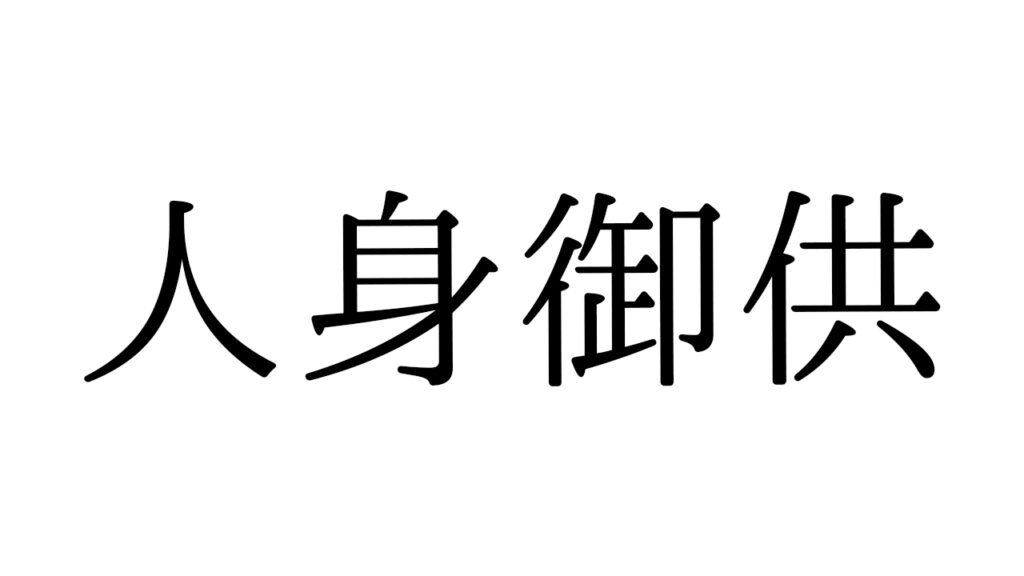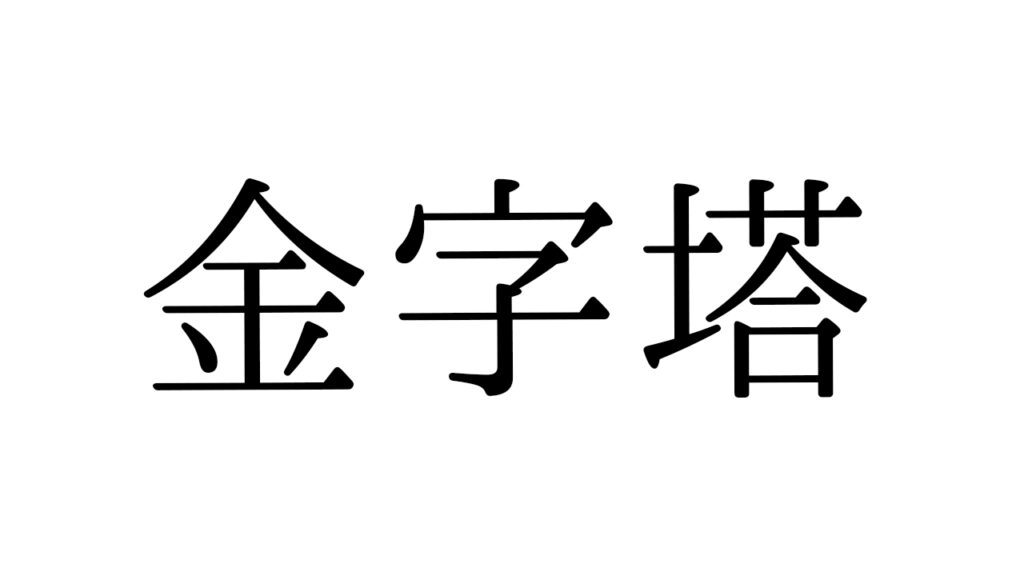In the rich tapestry of Japanese culture, some words carry deep meanings that reach far beyond their literal definitions.
One such word is “hitomigoku” (人身御供) — a term rooted in ancient rituals that continues to find relevance in modern life.
What Does Hitomigoku Mean?
Originally, “hitomigoku” referred to the ancient practice of human sacrifice.
The word combines:
- Hitomi (人身): Human body
- Goku (御供): Offering
In historical times, a hitomigoku was a person offered to the gods, often to prevent natural disasters or secure a community’s safety.
While chilling in origin, the word has evolved into something far more symbolic today.
Hitomigoku in Modern Japan
Today, hitomigoku is used metaphorically to describe situations where someone is sacrificed — not literally, but socially or professionally — for the benefit or protection of others.
For example, imagine a junior employee taking the blame for a manager’s mistake.
In Japanese, you might hear:
“部長は責任逃れのために部下を人身御供にした”
(Buchou wa sekinin nogare no tame ni buka wo hitomigoku ni shita)
Translation:
“The manager made their subordinate a hitomigoku to avoid taking responsibility.”
This modern usage keeps the spirit of the original meaning — someone bearing the cost for the sake of others — but in a much less literal, more social context.
Related Words and Concepts
Hitomigoku shares meaning with several other terms:
- Scapegoat (English): Someone unfairly blamed for others’ mistakes.
- Migawari (身代わり): A substitute or stand-in for another.
- Ikenie (生贄): A living sacrifice, often used in both literal and figurative senses.
Each carries its own nuance, but all reflect the idea of one party suffering for the sake of another.
Final Thoughts: Language Echoes from the Past
Understanding hitomigoku offers a fascinating glimpse into how ancient practices still echo in everyday Japanese speech.
Even as society moves forward, these cultural layers add richness and depth to the language, offering a deeper connection to history and shared human experiences.
Next time you hear or use hitomigoku, you’ll recognize the weight behind the word — a powerful reminder of sacrifice, both ancient and modern.


